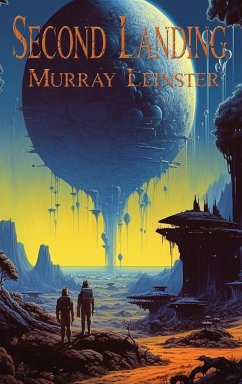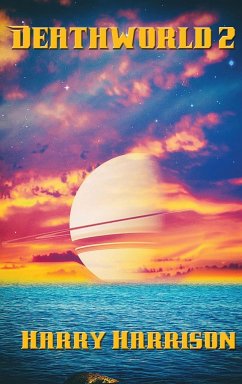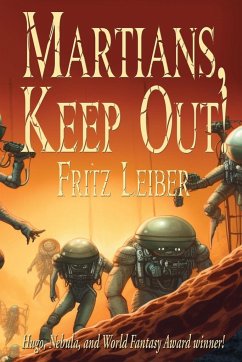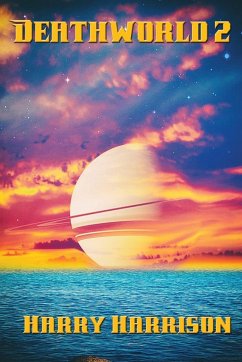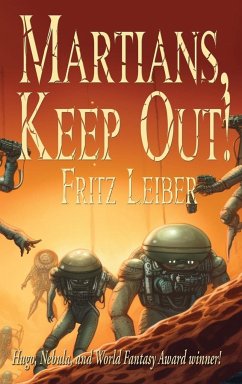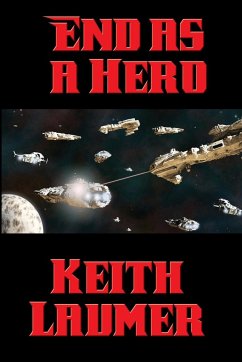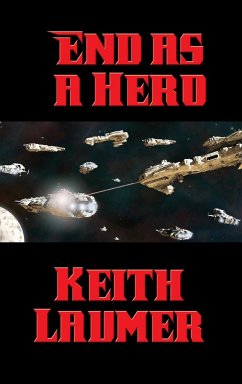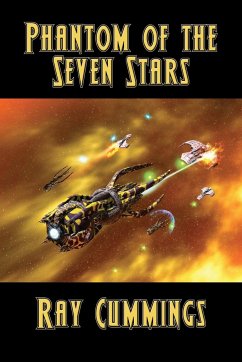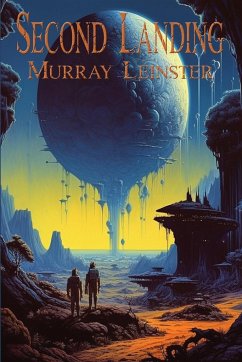
Second Landing
Versandkostenfrei!
Versandfertig in 1-2 Wochen
8,99 €
inkl. MwSt.
Weitere Ausgaben:

PAYBACK Punkte
4 °P sammeln!
It was not plausible that Brett Carstairs should find a picture of a girl, to all appearances human, in millenia-old ruins on a planet some hundreds of lightyears from earth. But the whole affair was unlikely, beginning with the report of the exploring-ship which caused the Thalassia-Aspasia Expedition in the first place. Had it not been for the photographs and the ceramic artifacts, nobody would have believed that report. It simply was not credible that another intelligent race should have ever existed in the galaxy. No hint of extra-terrestrial reasoning beings had been found in two centurie...
It was not plausible that Brett Carstairs should find a picture of a girl, to all appearances human, in millenia-old ruins on a planet some hundreds of lightyears from earth. But the whole affair was unlikely, beginning with the report of the exploring-ship which caused the Thalassia-Aspasia Expedition in the first place. Had it not been for the photographs and the ceramic artifacts, nobody would have believed that report. It simply was not credible that another intelligent race should have ever existed in the galaxy. No hint of extra-terrestrial reasoning beings had been found in two centuries of exploration.





